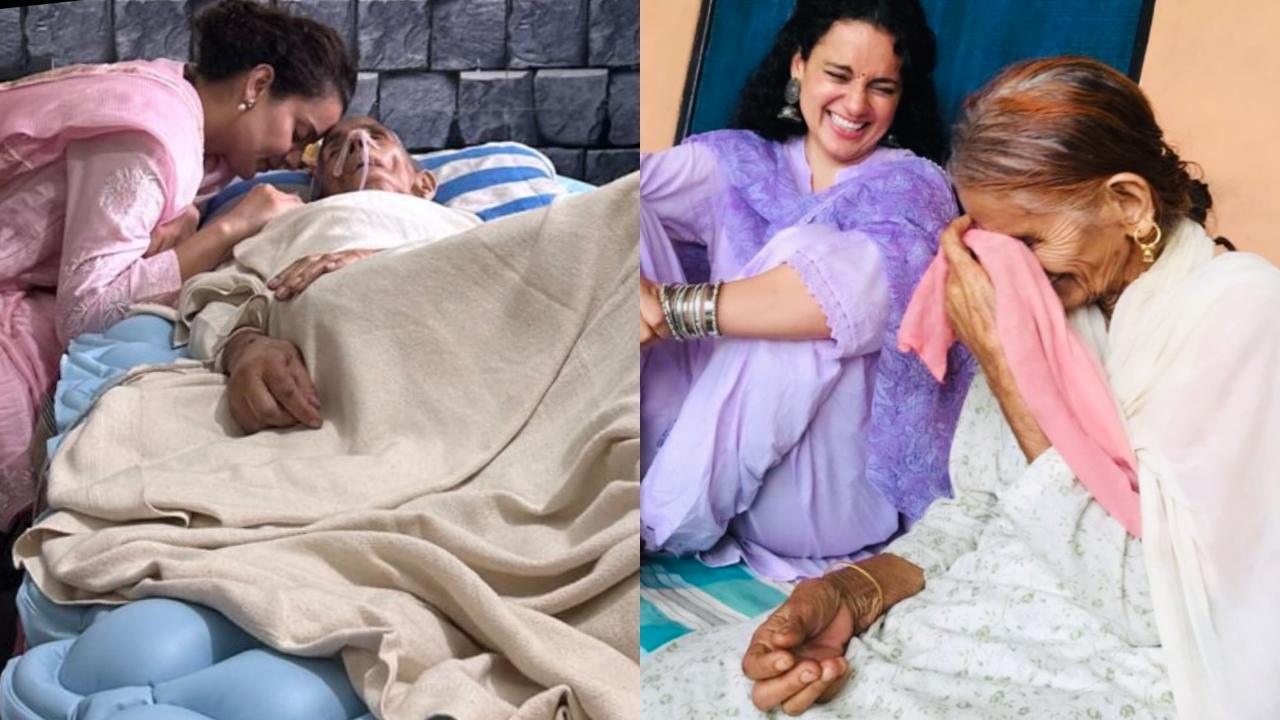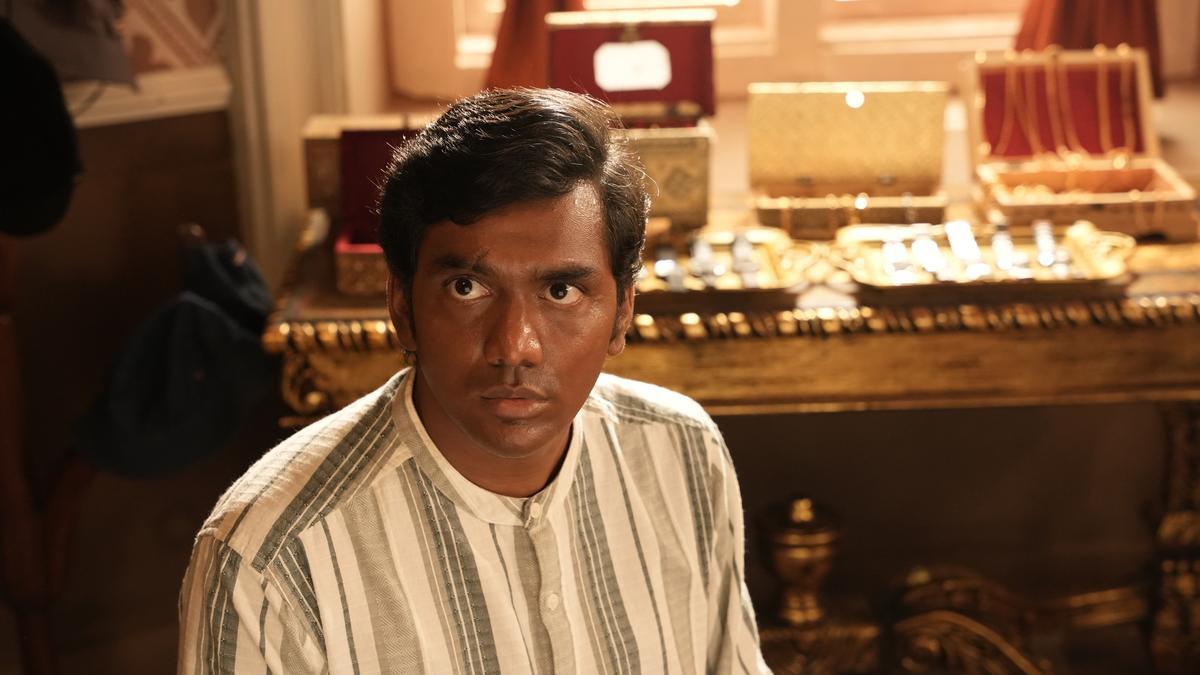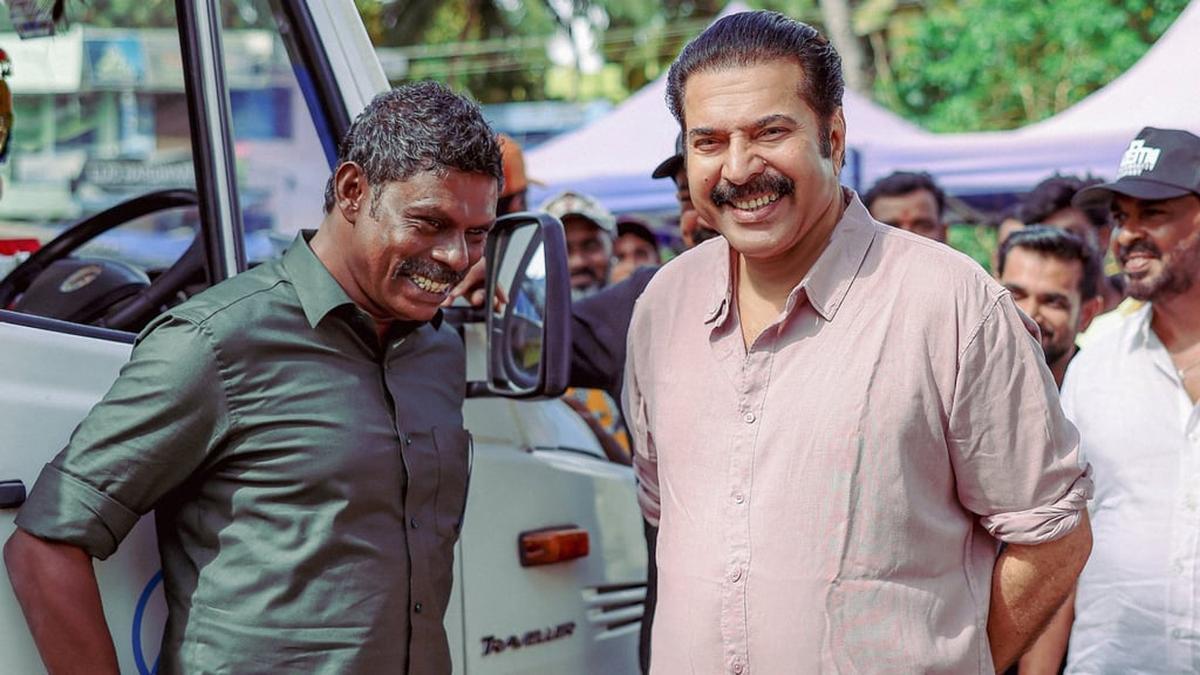
The Pakistan Cricket Board (PCB) has found itself embroiled in a fresh club-versus-country dispute following events involving fast bowler Haris Rauf. The cricketer faced the removal of his central contract by the PCB as a consequence of opting to play in the Big Bash League for Melbourne Stars over representing Pakistan in Tests against Australia. This scenario has thrust the long-standing issue of player allegiance back into the spotlight.
PCB chairman Mohsin Naqvi declared his stance on this issue with unmistakable clarity. The players must give precedence to their national duties or prepare to deal with the repercussions of their choices. Naqvi, drawing from personal experience, underscored the significance of prioritizing country over individual gain. In an illustrative recount, Naqvi shared the narrative of his sudden appointment as the caretaker Chief Minister of Punjab, which led to considerable financial detriments to his business.
“This journey meant encountering several extra expenditures, but when called upon to represent Pakistan, I embraced the sacrifice,” Naqvi related. Addressing the nation’s cricketers, he emphasized, “It isn’t that one mustn’t pursue financial gain, nor am I inclined to demand from you what we wouldn’t be prepared to do ourselves. However, there’s a profound difference in representing one’s country.”
While asserting his supportive stance on cricketers participating in T20 leagues, Naqvi’s central tenet remained that national obligations should always take precedence. “I back you wholly,” he conceded. “All that I ask is that you make Pakistan your primary focus and leagues your secondary. The sad turn of events occurs when fiscal aspects overshadow patriotic duty. Should this become the case, we indeed have a problem at hand.” The PCB chairman further hinted at the possibility of enhancing central contracts provided players pledged unwavering availability for Pakistan.
The PCB’s chairman also reassured cricketers that the board is resolute in supporting them to the fullest extent. His promise came with an expectation of reciprocity in commitment. “I have conveyed to the PCB that our objective isn’t to simply hoard funds but to channel them effectively into cricket—right from the grassroots to the national level.” Specifically, he noted that investments would be inclined towards enriching the fitness, training, and coaching aspects rather than stockpiling money.
It’s apparent that the PCB is attempting to navigate the delicate balance between allowing players the liberty to engage in various lucrative T20 leagues around the world while ensuring that national duties are not sidelined. This stance by the PCB mirrors an issue that cricket boards across the globe grapple with, given the proliferation of T20 tournaments offering attractive financial and professional incentives to players.
In echoing such sentiments, the PCB joins a chorus of cricketing administrations advocating for a standardized approach to managing player availability for international and domestic commitments. Their overarching message is that while players are free to build their personal brands and augment their earnings through these leagues, they must not lose sight of the pride and responsibility that comes with donning the national colors.
In conclusion, the PCB chairman’s imperative is one of balanced patriotism and professionalism. Naqvi’s comments send a clear directive to players about the PCB’s expectations, hinting at potential reforms to ensure national priorities are held supreme in the realms of Pakistan cricket. It remains to be seen how the players respond to this clarion call, and whether this will set a precedent for changes in the cricket infrastructure that manages the delicate interplay between global leagues and national obligations.










